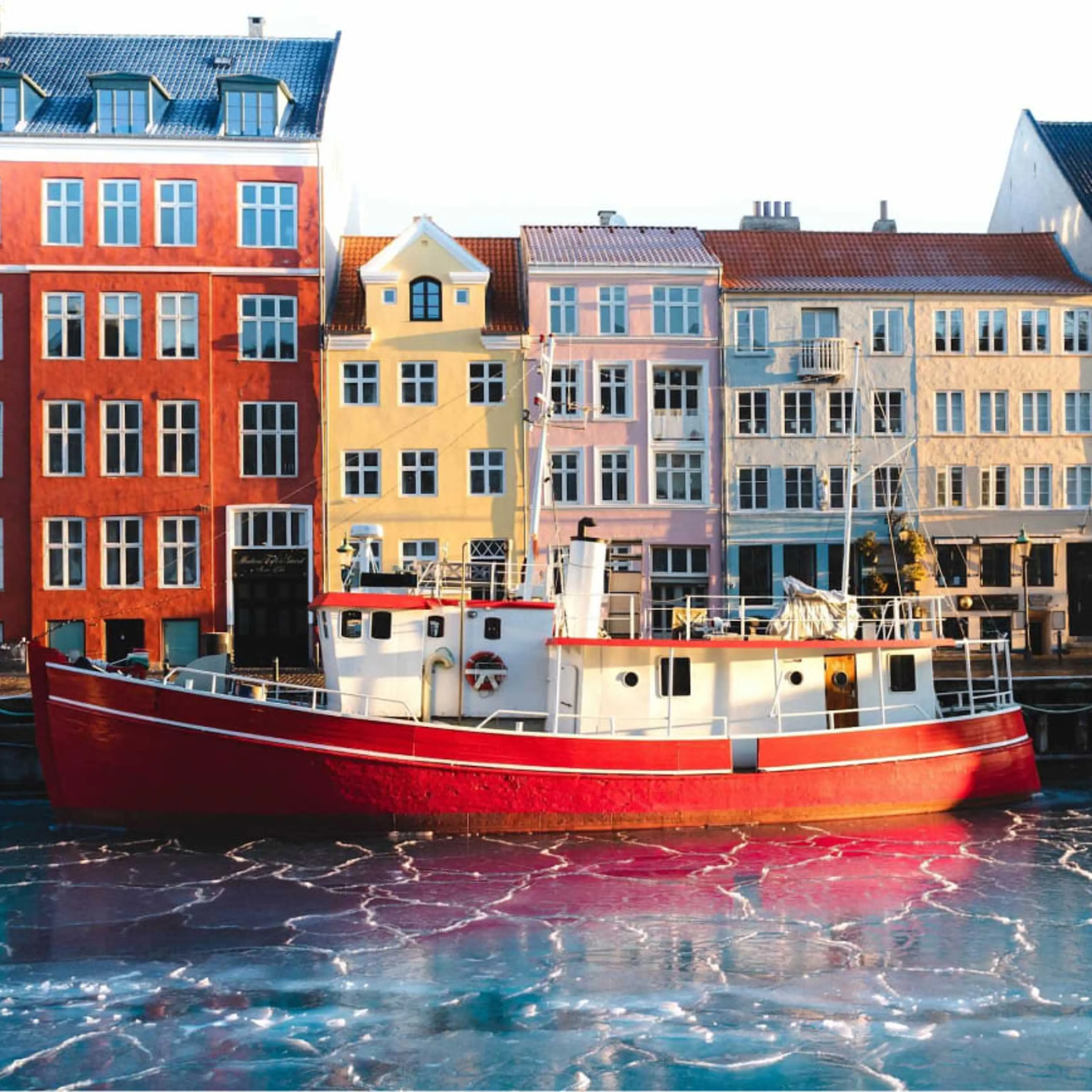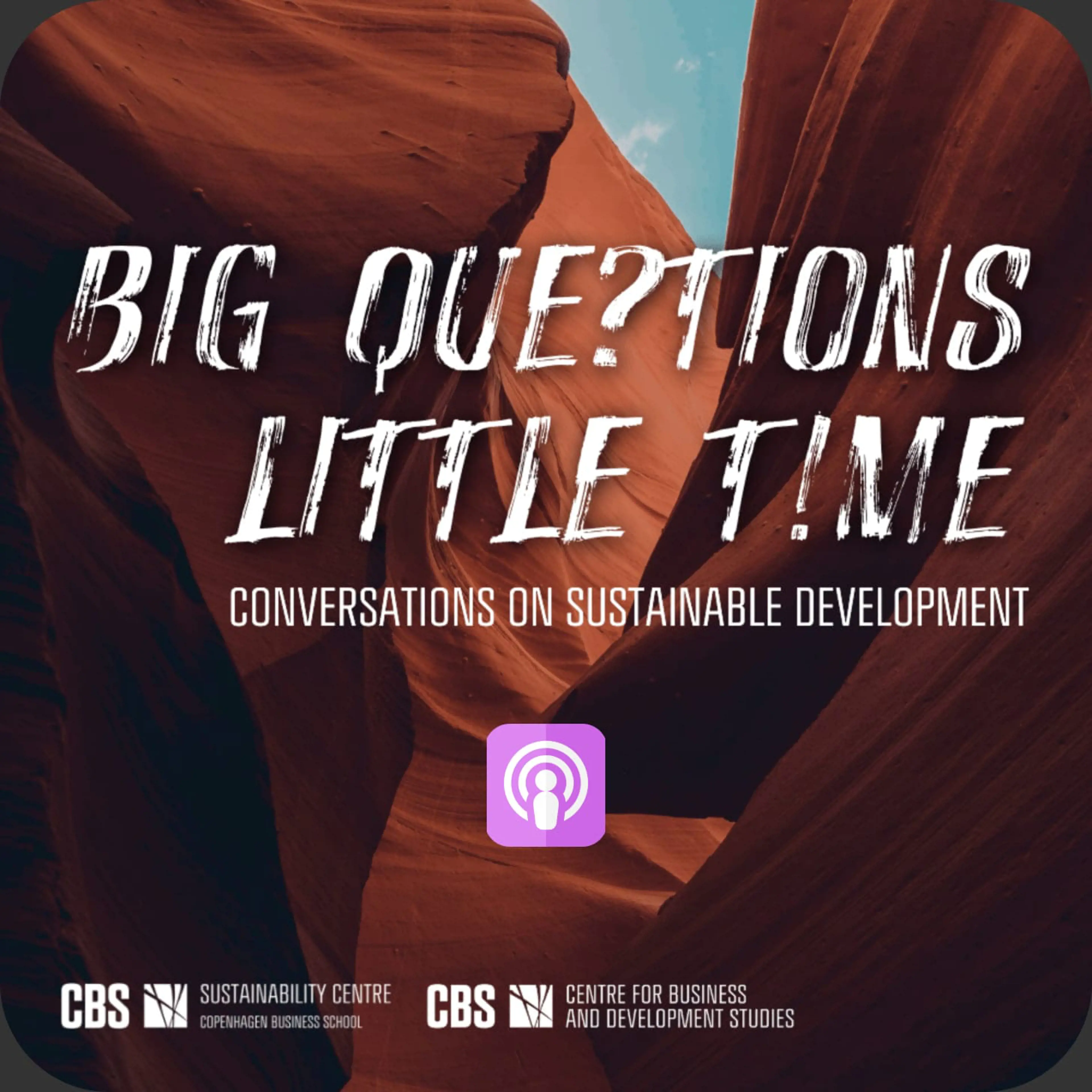Recently, I found myself in the heart of Paris, attending an OECD meeting. The city, known for its challenges but also for its commitment to sustainability, served as the perfect backdrop for our discussions on the green transition. The meeting was a melting pot of ideas and had a resonant theme - the importance of building capacity in government, society and industry for the green transition.
It became clear to me that in the current discussion on the green transition, there is a tendency to put civil society and private companies in the foreground. There is often talk about specific economic sectors (agriculture, transport, energy) and the (sometimes limited) green commitment of companies to greening their products and production processes. Often, the focus is also on societal behaviour and how important it is that we all change the way we eat and consume to become more climate responsible. Everything is important, of course. But while civil society and businesses are undeniably important, the focus on them tends to overshadow an equally important player - the public sector.
The public sector operates differently from the private sector. Its goals are not driven by profit, but by public value creation. This unique position allows the public sector to take on roles and responsibilities that private companies may not be able to.
Public organisations, from municipalities and utilities to national agencies, schools and hospitals, are actively engaged in the green transition agenda. However, this engagement is not an automatic process. It requires careful thought, planning and most importantly, clear leadership within these organisations.




